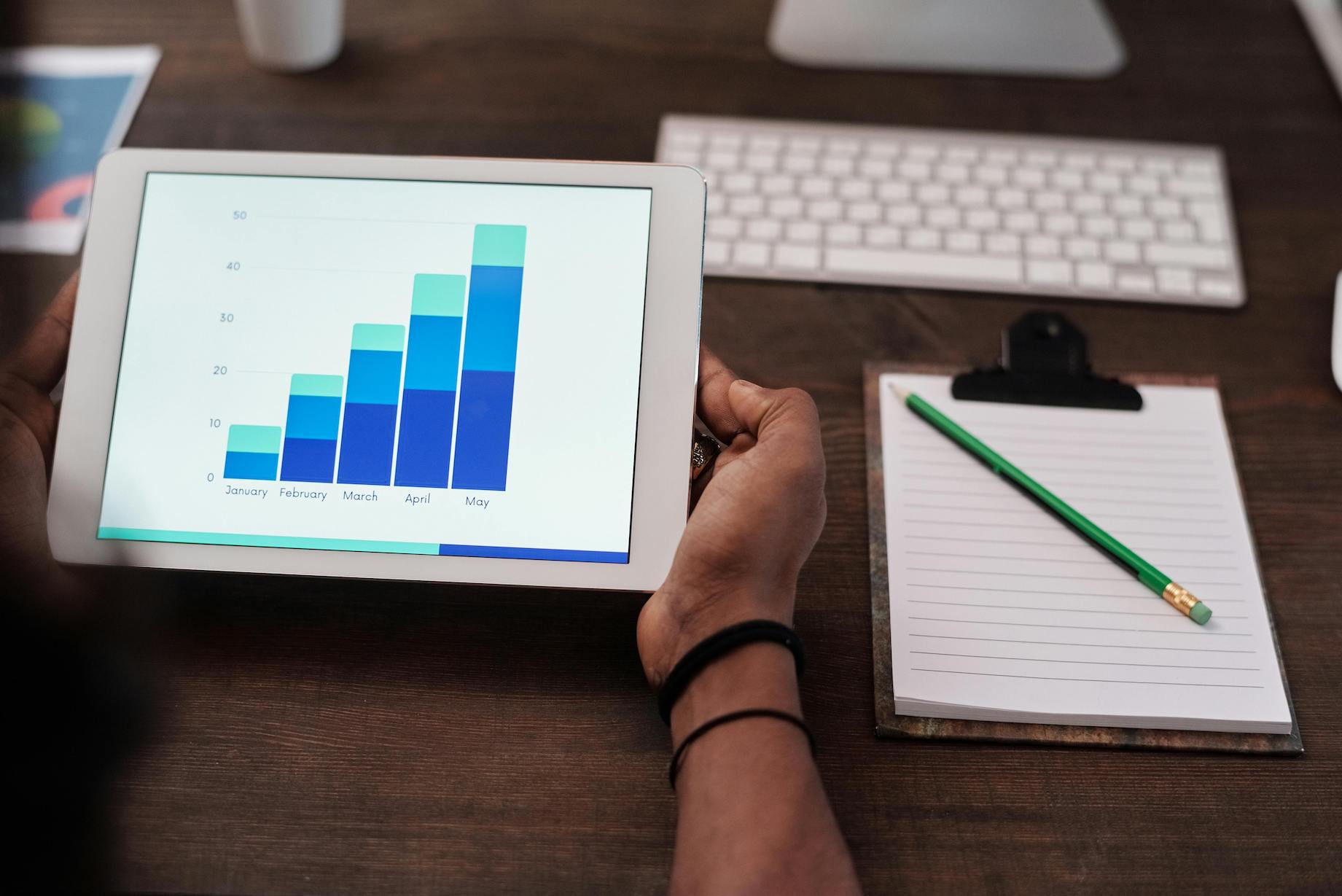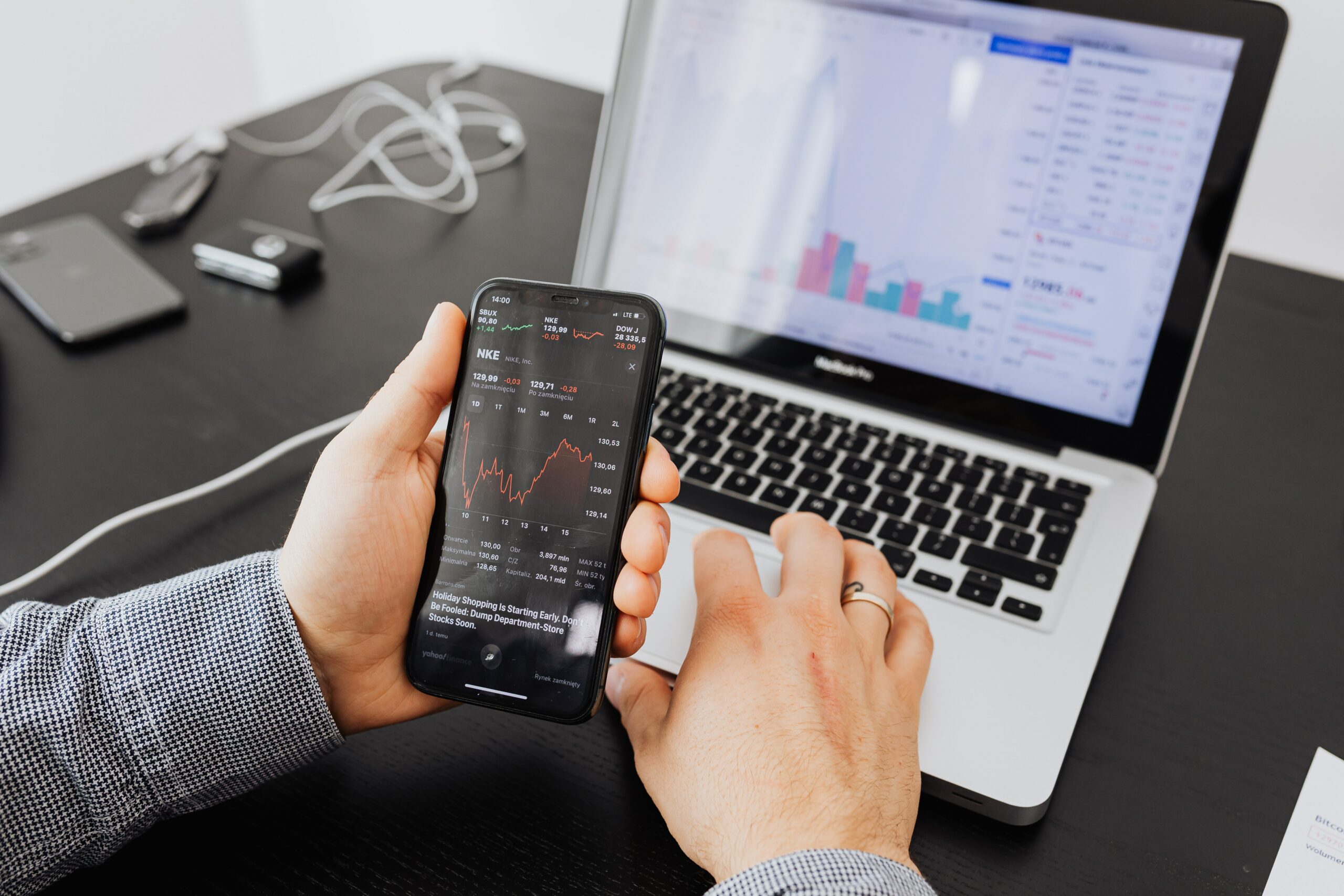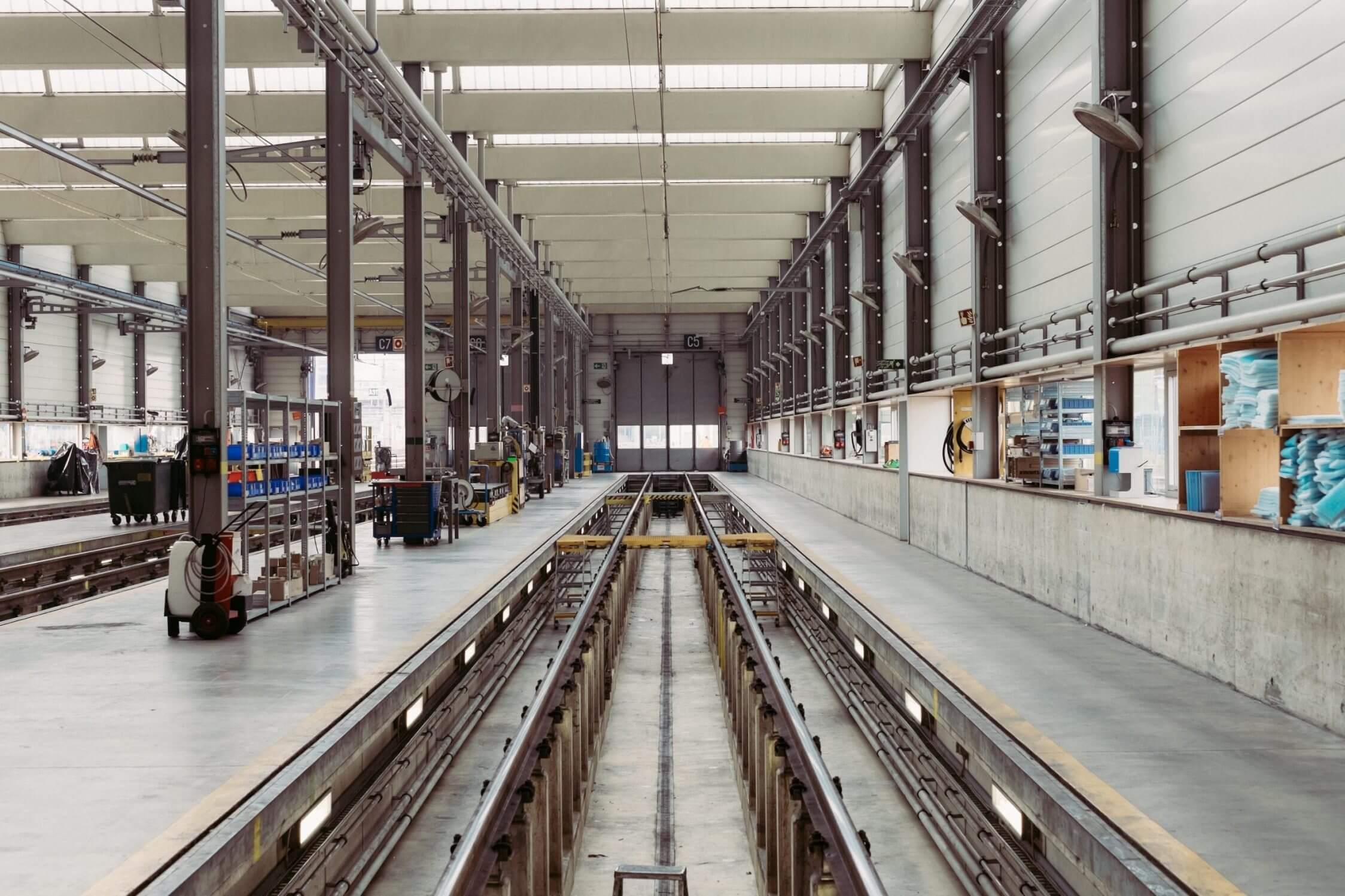Every business wants visitors to their website to have a good experience and page speed is a big part of this.
Nobody wants to wait around all day for a clunky webpage to load, and this can be a major turnoff for people searching for goods or services online. In this short blog, we’ll lay out why it’s important to optimise your website for page speed and how Alloy Marketing can help you do just that.
Why maximising page speed is important for SEO
There are for key reasons why speed is important for SEO. Learn more about our SEO services.
1) User experience
Search engines prioritise websites that provide a good user experience. Bounce rates (the number of visitors leaving a site without interacting with it) increase on slow websites. When users are satisfied with page loading speeds they are more likely to stay and engage with what’s presented to them. We look at this kind of thing as part of our conversion rate optimisation services.
2) Crawlability
Bots are used by search engines to index their content, and slow-loading pages may lead to incomplete indexing or delays in crawling. This in turn can impact how quickly your content appears in search results.
3) Competition
If you’re competing for the same keywords and user attention as several other companies, you’re going to need every advantage you can get. A poorly optimised website will send potential customers straight to your competition.
4) Core web vitals
Core Web Vitals is a set of metrics Google employs to assess the user experience on a webpage, including page loading speed, interactivity, and visual stability. These metrics, including Largest Contentful Paint (LCP) and Cumulative Layout Shift (CLS), directly impact your website’s ranking.
The main causes of slow websites
There are lots of causes of slow websites, but the main ones we tend to encounter are:
- Cheap/budget hosting
- Very large image sizes
- Videos loading
- Poorly optimised website code
But don’t worry, these can all be remedied with a bit of time and expertise.
How we can help improve page loading speeds
To maximize page speed for SEO, we have various techniques at our disposal, including:
- Optimising images
- Using browser caching
- Reducing server response times
- Employing content delivery networks (CDNs)
- Minimizing unnecessary code and scripts
Overall, a fast-loading website not only improves your search engine rankings but also enhances the user experience, leading to more engagement and conversions.
Find out more about our website design services here.






